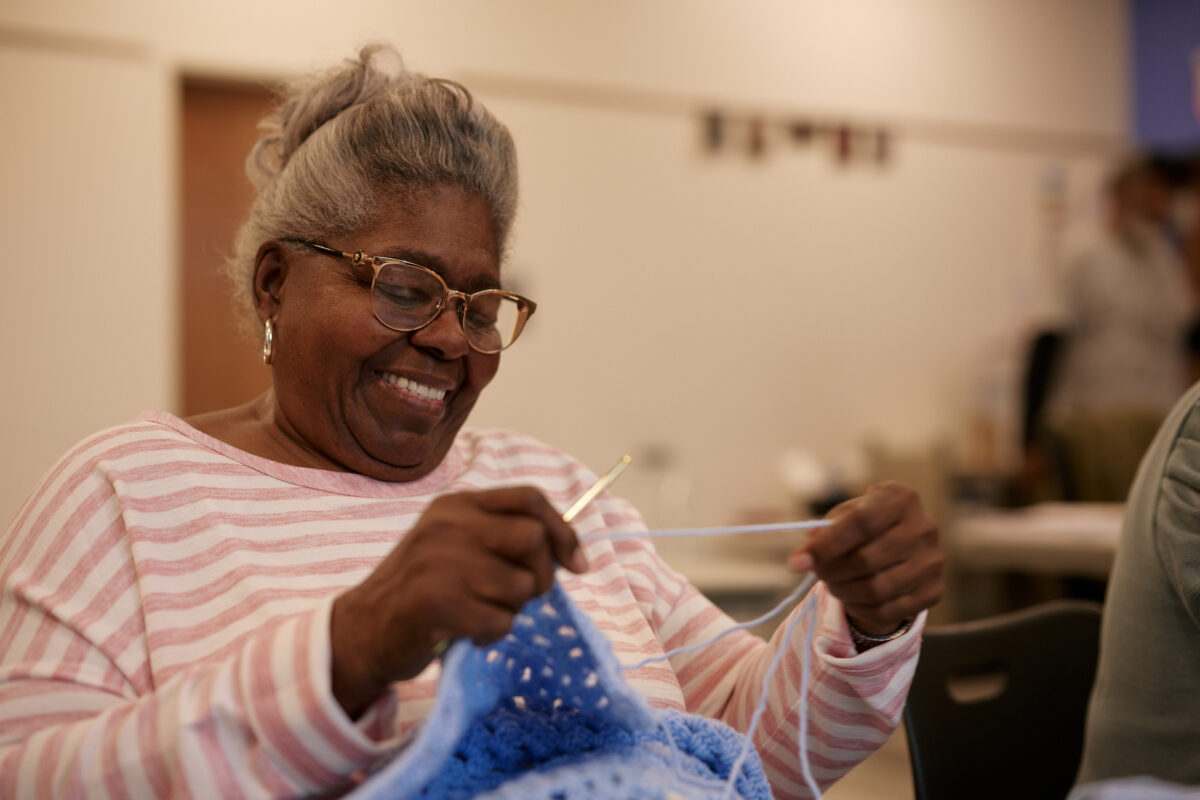Discussing Uncomfortable Aging Topics with a Doctor
Talking about health isn’t always an easy thing. Society tends to put emphasis on what is and isn’t “polite conversation,” and almost every etiquette guide advises against discussing bodily functions, uncomfortable symptoms or anything that would make a listener squeamish. It’s rude. It’s embarrassing. It’s better kept to yourself. Unfortunately, these stigmas can creep into situations where topics that would otherwise be kept quiet need to be discussed, especially at the doctor’s office.
Recent surveys show that around 60 to 80 percent of Americans lie to their doctors, some because they don’t want to be judged or lectured about things like drinking, smoking or dieting, and others because they are embarrassed by their symptoms, pain, mental health, sexual history or even past decisions not to follow the doctor’s recommendations.
Common health issues patients avoid discussing
While many health issues effect people of all ages, there are several conditions that become more common as we age, and others that may not be discussed as often as they should in conversations about aging. Ageist stereotypes often play into lack of discussions about the sexual health of older adults, leading to stigma around STDs in older adults and cases of STDs going undetected, undiagnosed and untreated in older adults.
Some other sensitive topics older adults tend to avoid with their doctors include:
- Urinary incontinence and tract infections
- Irritable bowels
- Skin conditions
- Prostate or vaginal health
- Body odors
- Hemorrhoids
- Depression
Depression may seem like an odd inclusion to this list, as it’s not traditionally thought of as “embarrassing.” However, many generations grew up in eras when depression was considered shameful or a sign of weakness, and those stigmas still have a hold in society even today when mental health is discussed more openly.
How to bring up difficult topics
In times we feel we are struggling to discuss sensitive topics with a doctor, here are some things we can keep in mind:
1. Do research to make the uncomfortable topic more familiar
Knowledge can go a long way in making us feel more confident and less uncomfortable. Doing research can potentially give context to symptoms, show that others are going through the same thing and give us the basics on what treatments we might be able to benefit from if we take courage and ask for help.
2. Acknowledge and share feelings of embarrassment
When we explain to a doctor that we find the subject embarrassing or difficult to talk about, that can let them know to more carefully and tactfully approach the issue with us.
3. Remember that you have privacy rights
Many people hesitate to talk about things they’re worried will “get out” and other people will be made aware of. Those who share these anxieties should recall that the HIPAA Health Privacy Rule, a Federal law, protects the privacy of our health information and sets limits on who can access it. If our privacy is violated by a health professional, it is within our rights to file a complaint through the Office for Civil Rights.
In the case of STDs, HIV in particular, remember that stopping the spread of harmful infections takes priority. In many states, a person with HIV is legally obligated to inform sexual partners of their HIV status if they are aware of it. However, this is the individual’s personal responsibility, not the doctor’s.
4. Stick to professionals you’re comfortable with
Difficult subjects can become even more challenging if we feel insecure with or don’t trust the person we need to address them with. If we feel like we can’t be honest and open with our doctor, this may be a sign that we need to look into finding a new one.
5. Recognize that the doctor is here to help
Doctors are generally not here to make us feel ashamed or to laugh at us. Their job is to collaborate with us to achieve our best quality of life and wellbeing. But like with any collaboration, we need to do our part. The doctor may have a difficult time helping us if they don’t have the full picture of the situation.
A doctor also has many patients other than us. More often than not, they’ve treated people with the same condition or symptoms that we have. What may be embarrassing to us is a typical part of the job to them. Remembering that we are not the only one out there can help give perspective and make things a little less uncomfortable.







